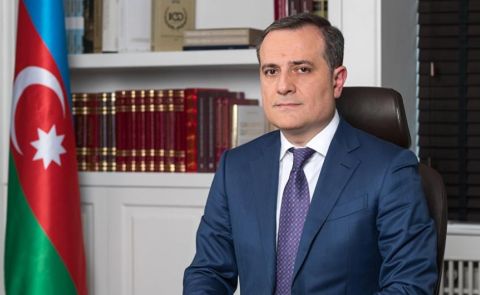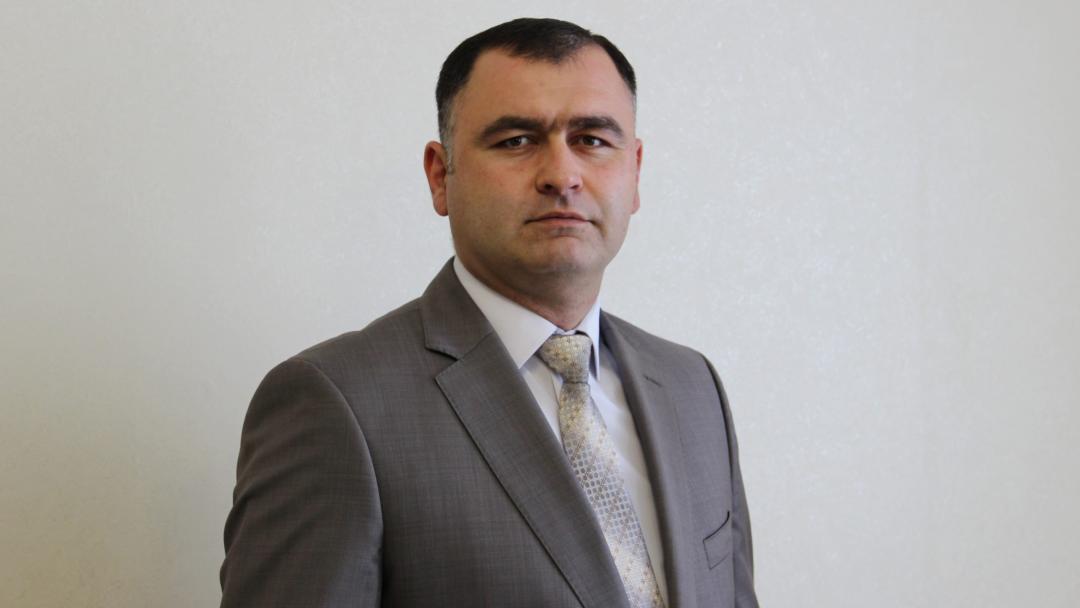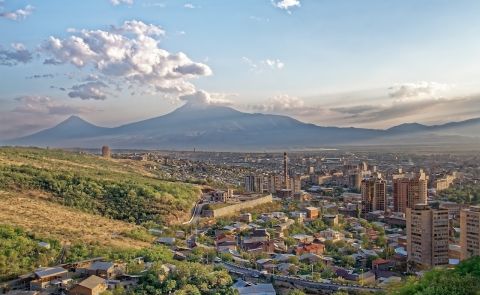
Integration with Russia a Priority, Says Separatist South Ossetia's Leader

At the press conference on the results of the year on December 28, Alan Gagloev, the de-facto President of the separatist Republic of South Ossetia/Tskhinvali Region, said that the country had held talks with the Russian side on the issue of removal of customs duties for the [separatist] republic, the issue will be resolved positively.
"Since October 1, the Russian government has set new export duties on several goods for all neighboring countries, including [the separatist] South Ossetia and Abkhazia. Naturally, this affected prices in the [separatist] republic. Immediately after introducing duties, we negotiated with our Russian colleagues on their removal from the republic. As a result, I want to say with confidence that the duties for South Ossetia will be removed. The process was complicated, and it took a little longer. And we see how destructive forces want to take advantage of this," he added. Gagloyev instructed the Ministry of Economy to monitor how the abolition of export duties would affect prices in the republic's stores. "It is logical to assume that the reduction of businessmen's expenses should entail a decrease in prices. Of course, the rise in prices has become a real scourge for the population. In this regard, I have also instructed the Ministry of Economic Development to analyze the pricing mechanism and identify how justified the rise in the cost of certain goods is," the de-facto head of state said. "Another reason for the difficult situation with cargo transportation, he said, is that Russian customs services have become stricter in controlling imported goods for compliance with the declared declarations. Many entrepreneurs underestimate the total customs value of goods or provide false information to evade duties," Gagloev said.
Moreover, Gagloev commented on traffic jams at the checkpoint "Nizhny Zaramag" (or Roki-Nizhny Zaramag border crossing). "The main reason here is that today's daily traffic flow is about seven times higher than its designed capacity. The subjective human factor sometimes aggravates this circumstance. I understand exactly how our citizens feel when faced with such phenomena. For all of us, the issue of traveling along the Transkam has a special character. This is the road of life for South Ossetia, and traveling along it should be as comfortable as possible," he added. The separatist president recalled that he raised this issue during negotiations with Russian colleagues last year. "We met with their full understanding, in this regard, the Russian government decided to reconstruct the checkpoint in Nizhny Zaramag. Its throughput capacity will increase 10-13 times," the de-facto head of state noted. According to him, the implementation of the project will relieve the problem of traffic jams on the Russian border.
Furthermore, Alan Gagloyev answered a question about South Ossetia's entry into Russia. "There is no need to deceive the people. The issue of joining Russia is very painful for the people of South Ossetia, and as soon as there is an opportunity, it will be solved. Political forces should be responsible for their statements, as it concerns the security of our people," the de-facto president said. "South Ossetia is ready for any configuration in terms of integration with Russia, and this was personally announced at a meeting in March with Russian President Vladimir Putin," Gagloev emphasized. "Such serious steps should be taken together, not in favor of personal interests," he added. Gagloyev recalled that the issue of holding a referendum on South Ossetia's accession to Russia was not agreed with Russian colleagues. The issue of holding a referendum was also raised during the previous elections, but once in power, the initiators quickly forgot about it, he noted. "One should not jeopardize the entire people and the republic, especially in the current difficult situation in Russia, when a threat from Georgia is not excluded," Gagloev said.
Gagloev emphasized that [the separatist] South Ossetia is ready at any time to join the Union State of Russia and Belarus. "As soon as we receive the signal, we are ready to hold a referendum," he added. "Establishing contacts with the Union State for South Ossetia is one of the important directions in the field of foreign policy," Gagloev noted. "At this stage, we are taking certain steps to increase contacts in the economic, cultural, and humanitarian spheres. Appropriate conditions are necessary for a full political dialogue with the Union State. This is not a matter of one or two days," Gagloev added. "In general, rapprochement is underway, and it will occur increasingly," he said.
The Union State of Russia and Belarus refers to a supranational union established between the Russian Federation and the Republic of Belarus. It was officially formed on December 8, 1999, with the signing of the Treaty on the Formation of a Union State. The Union State was envisioned as a closer political and economic integration between the two countries while preserving their sovereignty. The agreement outlined various areas of cooperation, including a common economic space, a unified military structure, and foreign policy coordination. However, it is important to note that the union has not evolved into a full-fledged political and economic union as initially envisioned.
See Also


Nordic-Baltic Delegation Meets Armenian Leaders to Discuss Regional Cooperation and Peace

Azerbaijan Strengthens Energy Partnerships with Multiple Countries

BP Strengthens Presence in Azerbaijan’s Offshore Energy Sector

Netanyahu’s Letter to Aliyev: Mutual Trust, Solidarity Following Hamas Attacks, Facilitating Dialogue Between Israel and Türkiye

